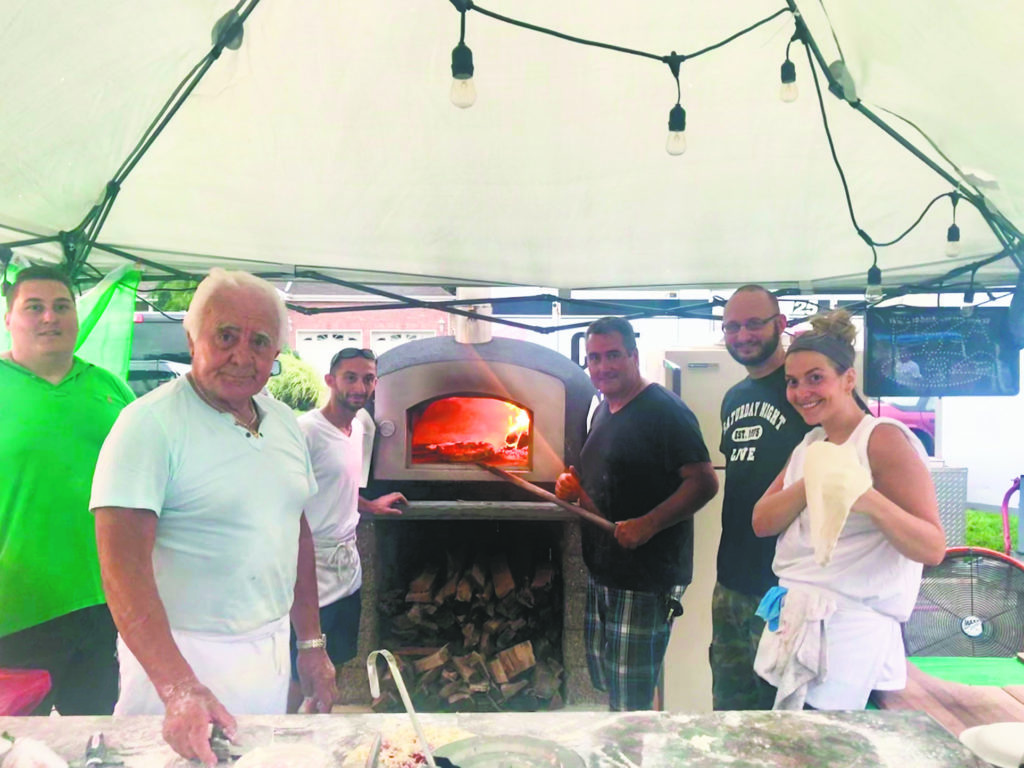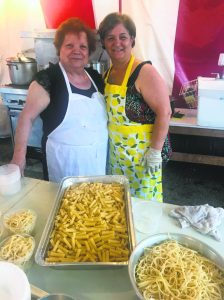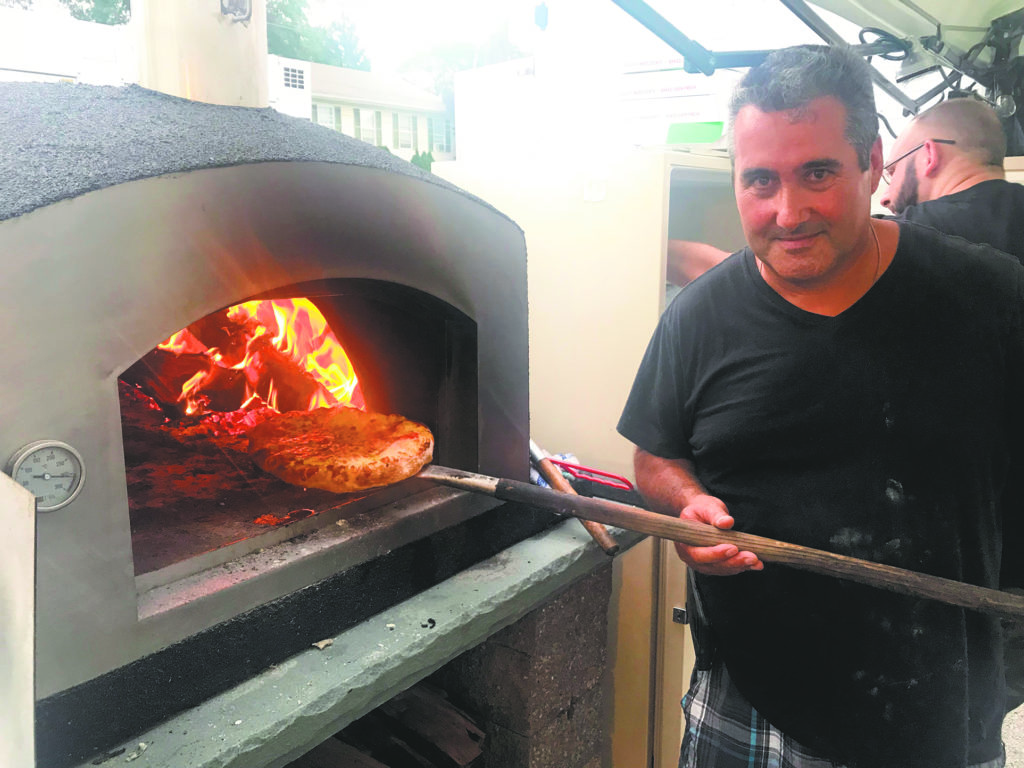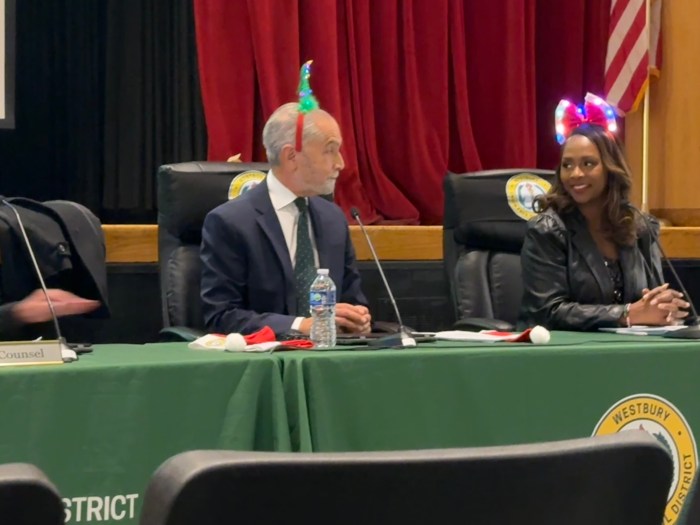Dell’Assunta Society’s annual Feast serves up food and tradition
Ten pounds of potatoes. Four cases of tripe. One hundred and fifty pounds of ground meat and too many tomatoes to count.

Those were just some of the ingredients for success at the Maria SS. Dell’Assunta Society’s 108th Feast of the Assumption, which brought members of the community together for not only live entertainment, carnival rides and games, but authentic, homemade Italian food as well.
Food has always been a highlight at the feast, which this year featured a wood-burning oven made by Society member Domenico Buffolino. Slugging personal pies in and out of the fire was Domenico himself, with help from his children and best friend, Frankie Cardinali.
“The flavor and aroma that comes out of this, you can’t find it anywhere,” said Domenico of the oven, which took him several days to make. “In Italy, every house you go to has a wood oven. So we came up with this idea so we can show these young people you can make a pizza like that too.”
The smell of pizza carried through the fairgrounds, pulling in a steady line of customers throughout the Aug. 15-19 feast.
“It’s such a hit,” said Domenico’s daughter Daniella, noting that in addition to people at the feast, she had received numerous calls and texts from people wanting to pick up multiple pies. “It’s a lot of work but it’s worth it when you see people smiling, saying it’s the best pizza they’ve ever had. It brings a piece of Italy here.”

A few footsteps across the parking lot, fair attendees also got their fill of other Italian favorites, including linguini with clams, tripe, eggplant parmesan and meatballs. The food is made by roughly 20 women of the Dell’Assunta Society, with men “helping with the heavy stuff,” according to Carmella Posillico.
“It’s a lot of work. When you make this food, you need a lot of time, but these girls know what they’re doing,” said Posillico, a Society trustee.
Recipes have been passed down for generations and Posillico notes part of the reason they continue on with the feast and the cooking is to keep the traditions alive.
“We’ve had these traditions for 100 years and we don’t want to change it,” she said. “We want to teach the younger generations now.”



































